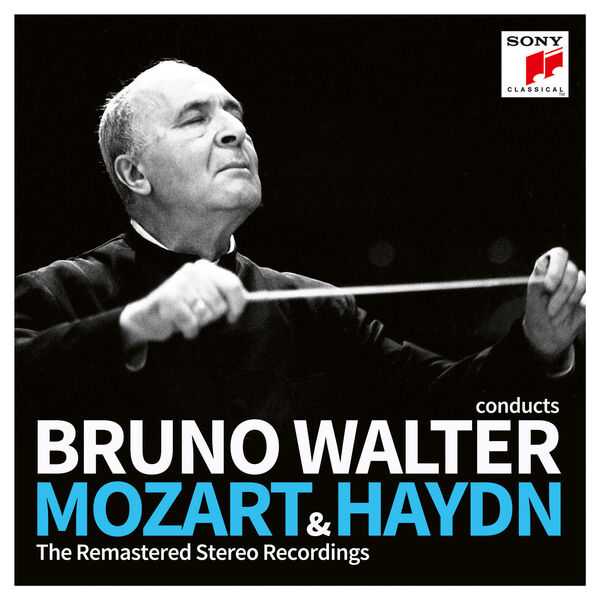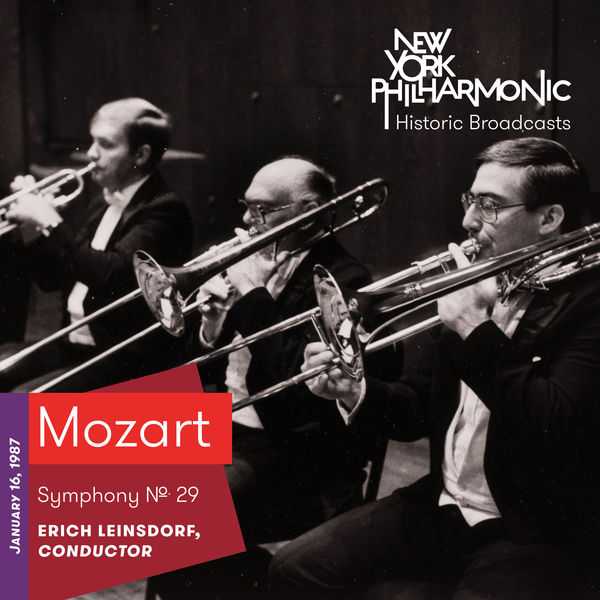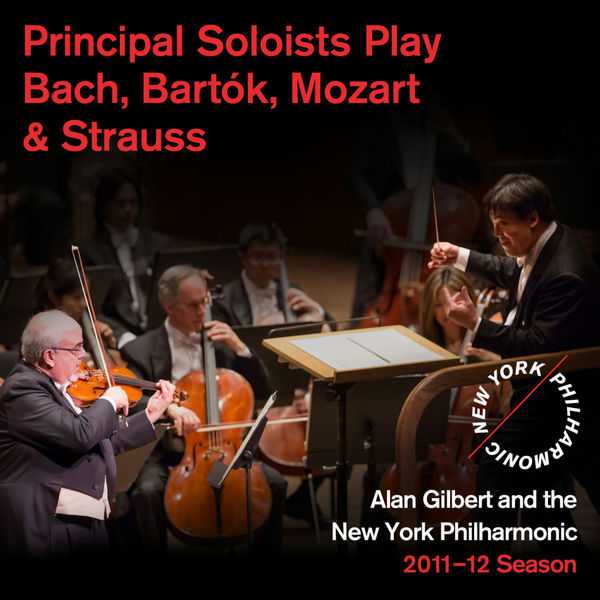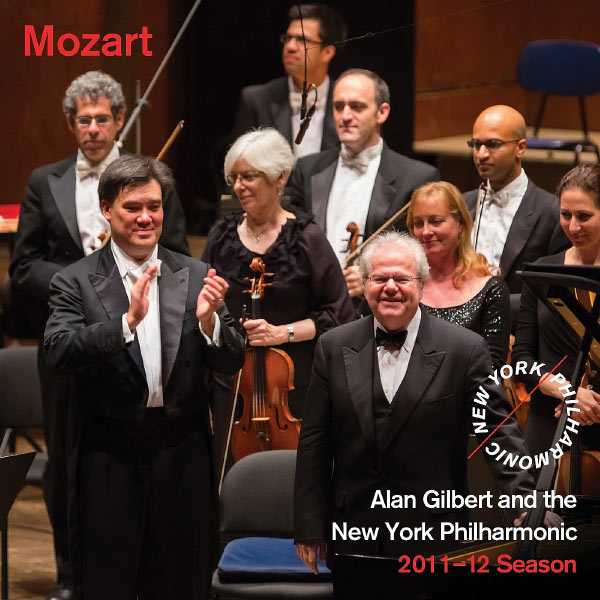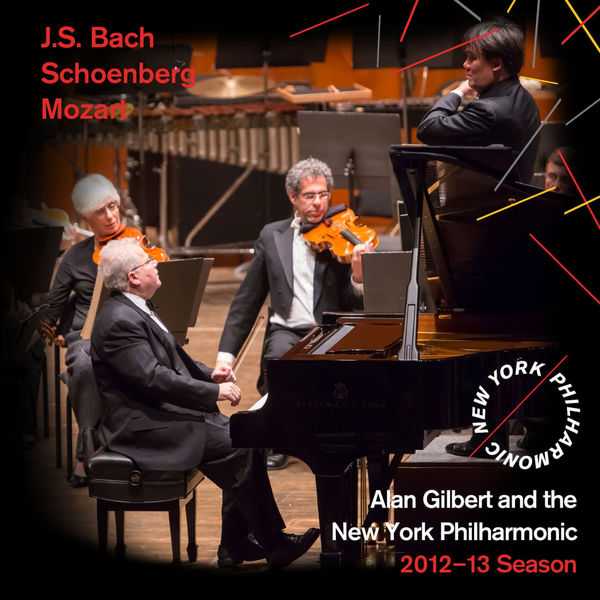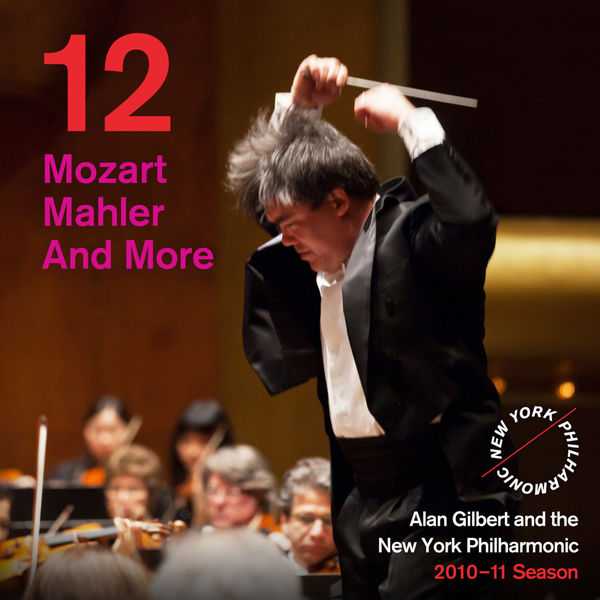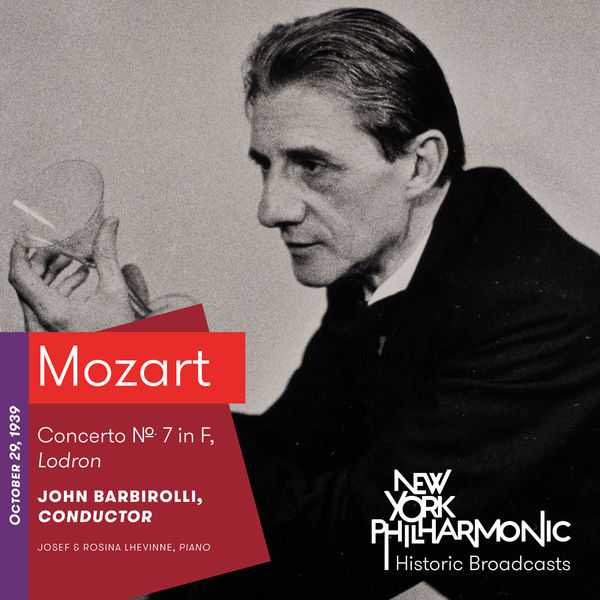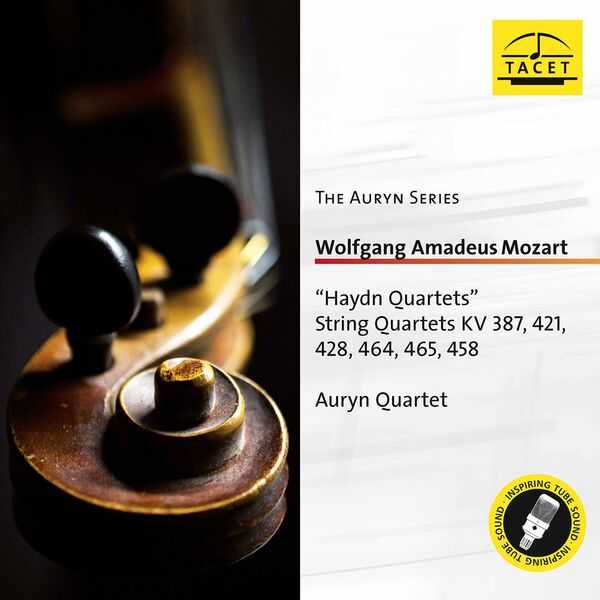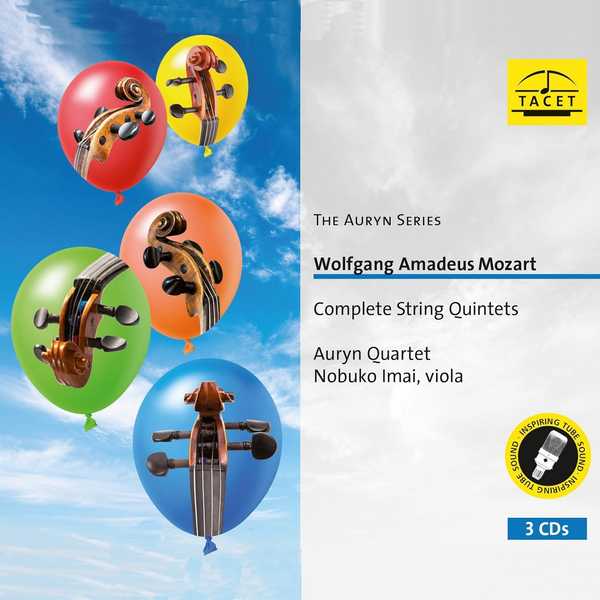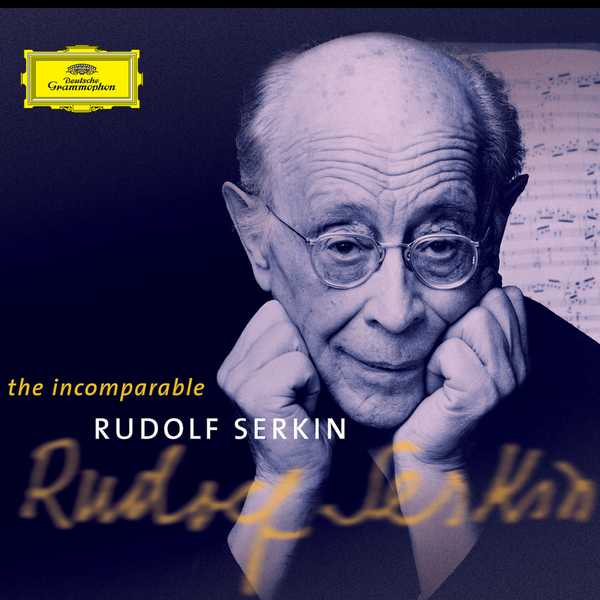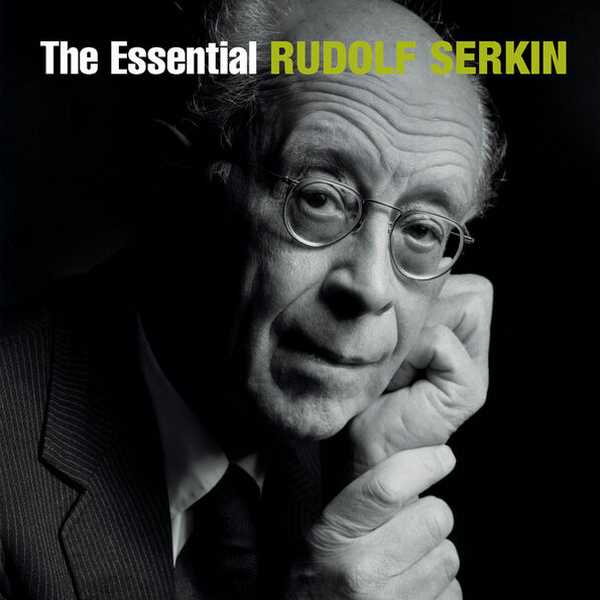Mozart

Wolfgang Amadeus Mozart is widely regarded as one of the greatest composers in the history of classical music. Born in Salzburg, Austria, in 1756, Mozart’s prodigious talent was evident from an early age. By the time he was five years old, he was already composing music and performing for royalty. Over the course of his short life – he died at the age of 35 – Mozart created an astonishing body of work that has had a profound influence on the world of music.
Mozart’s music encompasses a wide variety of genres, including symphonies, operas, chamber music, piano concertos, and sacred music. His compositions are celebrated for their melodic beauty, structural clarity, and emotional depth. Whether it is the lively energy of his operatic overtures, the intricate counterpoint in his choral works, or the sublime elegance of his piano concertos, Mozart’s music continues to captivate audiences around the globe.
Mozart symphonies are among his most celebrated contributions to classical music. He wrote 41 symphonies in total, each showcasing his ability to blend complexity with accessibility. His Symphony No. 40 in G minor is particularly famous, with its dramatic opening theme and richly expressive character. This symphony exemplifies the emotional depth and technical brilliance that define Mozart’s work. Another masterpiece is his Symphony No. 41 in C major, known as the “Jupiter Symphony.” It is a culmination of Mozart’s symphonic genius, featuring intricate counterpoint and a majestic finale that leaves listeners in awe.
In addition to his symphonies, Mozart’s piano concertos are a cornerstone of his legacy. He wrote 27 piano concertos, many of which are considered some of the greatest works in the classical repertoire. These concertos showcase Mozart’s extraordinary skill as both a composer and a pianist. The Piano Concerto No. 21 in C major, often referred to as the “Elvira Madigan” concerto, is a favorite among audiences for its lyrical second movement and joyful finale. Another standout is the Piano Concerto No. 20 in D minor, which is notable for its dramatic intensity and emotional depth.
Mozart’s operas are another vital aspect of his oeuvre. Works such as “The Magic Flute,” “Don Giovanni,” and “The Marriage of Figaro” are celebrated for their innovative use of dramatic structure, unforgettable melodies, and profound exploration of human emotions. These operas continue to be performed in opera houses worldwide and remain a testament to Mozart’s unparalleled ability to blend music and drama seamlessly.
Chamber music is another area where Mozart’s genius shines brightly. His string quartets, quintets, and piano trios are masterpieces of the genre, combining technical brilliance with emotional depth. The “Haydn” Quartets, dedicated to Joseph Haydn, exemplify Mozart’s mastery of the string quartet form. Similarly, his Clarinet Quintet in A major is a sublime work that highlights the warmth and expressive capabilities of the clarinet.
Mozart’s sacred music also holds a special place in his repertoire. Works such as the “Requiem Mass in D minor” and the “Great Mass in C minor” showcase his profound ability to convey spiritual depth and emotional intensity through music. The “Requiem,” left unfinished at the time of Mozart’s death, is a deeply moving work that continues to resonate with audiences around the world.
Mozart’s influence on classical music is immeasurable, and his works continue to inspire musicians and listeners alike. Whether it’s through the grandeur of his symphonies, the elegance of his concertos, the drama of his operas, or the intimacy of his chamber music, Mozart’s music has a timeless appeal that transcends generations.
Whether you’re a lifelong fan of Mozart or just beginning to explore his incredible body of work, there’s no better way to immerse yourself in his music. The clarity, depth, and richness of his compositions bring out the best in Mozart’s creations, allowing you to appreciate the genius of one of history’s greatest composers. From symphonies and concertos to operas and sacred works, Mozart’s music is a treasure trove for classical music lovers.

